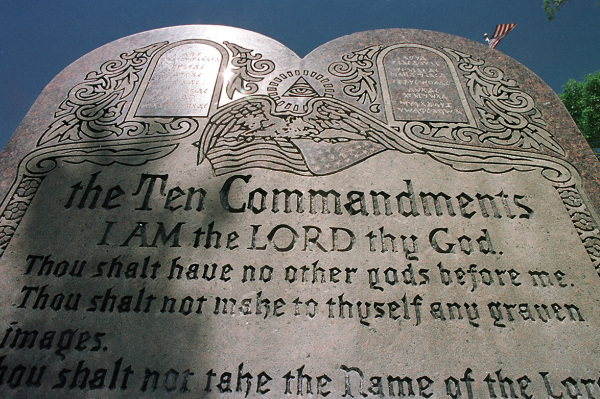Researcher: America's Faith Tribes Can Restore Nation
A leading Christian researcher contends that the seven "faith tribes" in America are the key to restoring stability and strength to a nation struggling with a formidable economic crisis in addition to a myriad of other social ills.
These seven faith tribes, or dominant religious groups, are vastly different when it comes to theology and doctrinal positions. However, they share common values that can be utilized to make the nation great again, maintains bestselling author George Barna in his latest book The Seven Faith Tribes.
"Our faith tribes are central to the development and application of people's worldviews, which in turn produce the values on which we base our daily decisions," Barna said. "It is on the basis of such values that a nation rises to greatness or plummets to oblivion."
Based on his analysis of more than 30,000 personal interviews with Americans, Barna identifies seven faith tribes: Casual Christians (66 percent of the adult population); Captive Christians (16 percent); Jews (2 percent); Mormons (2 percent); Pantheists (2 percent); Muslims (0.5 percent); and Skeptics (11 percent).
These faith tribes can be mobilized to help restore the nation. Through their common values, they can help carry out strategies related to empowering values-focused leaders; redirecting the media; redefining the efforts of families; getting members of faith tribes to pursue a bigger purpose, and more.
But religious communities, which are responsible for upholding core values, have succumbed to the competitive spirit and have focused on money, people and talent rather than values such as service, obedience, humility, compassion and community, the researcher claims.
"We have shifted our energy from a willingness to work hard toward achieving significant outcomes to an attitude of entitlement," he says. "We have transitioned from having a commitment to the common good based on shared values to an emphasis on personal good and individual values."
Now it is time for faith tribes to restore their important role in American society and be a voice for central values instead of focusing on their differences.
"Without our faith tribes playing their historic role as the moral and spiritual leaders of the nation, we have taken our values cues from the political and business sectors. That has lowered the bar on character and vision," the researcher says. "That, in turn, has led the nation to deteriorate from a place on unity amidst diversity to a place of individualism amidst competition for personal comfort and supremacy."
In The Seven Faith Tribes, which will be released May 1, Barna goes into detail describing each of the seven tribes – their religious beliefs and practices, their primary lifestyles and attitudes, their political inclinations and recent voting history, and the values that characterize them. He also examines the 20 common values that the faith tribes share.
"If those who are mostly responsible for developing and reinforcing our values can focus on the elements most integral to the restoration process, we can return to national health and growth, as well as positive global influence," Barna contends.
Barna is the author of more than 40 books about American culture, faith and leadership. He is also the founder of The Barna Group, a non-profit organization that conducts research mainly regarding spiritual matters in relation to current events.






















